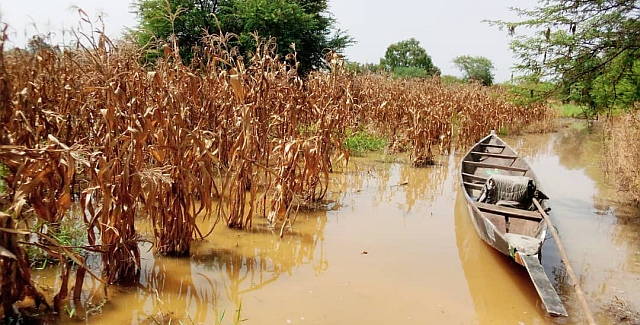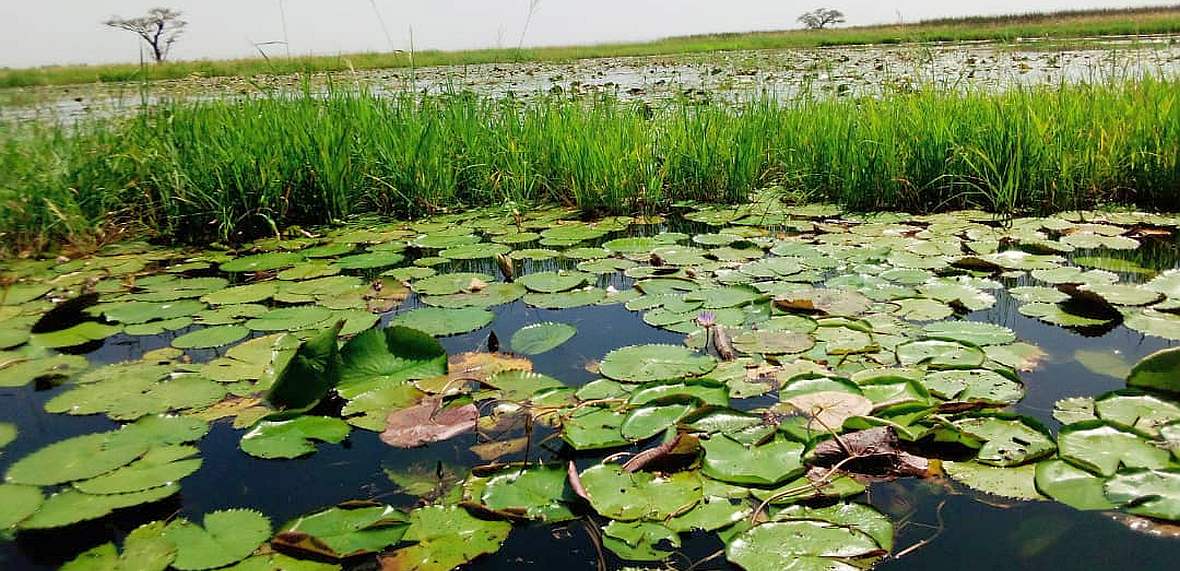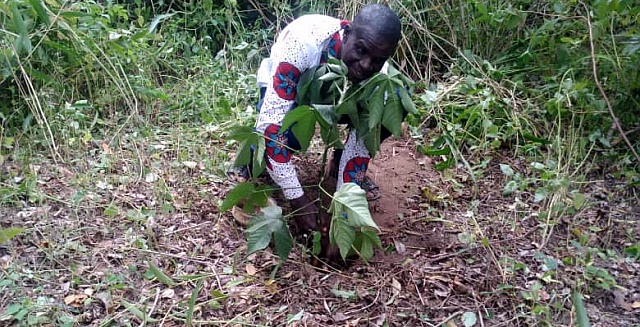 The project contributed to (1) improving and strengthening timely forecasting and warning systems at national, regional and local levels, in order to effectively reach affected populations; (2) improving access to impact-based forecasts and warnings for at least 23 million people in six basin countries and; (3) strengthening weather, climate and hydrological services for key sectors, enabling coordinated decision-making and action.
The project contributed to (1) improving and strengthening timely forecasting and warning systems at national, regional and local levels, in order to effectively reach affected populations; (2) improving access to impact-based forecasts and warnings for at least 23 million people in six basin countries and; (3) strengthening weather, climate and hydrological services for key sectors, enabling coordinated decision-making and action.
The project implemented over the last five years will be evaluated by an independent evaluation team. But the closing meetings provided an opportunity to share the project's final progress, mainly the activities carried out and the key results generated, with national and regional institutions and partners. Participants were given the opportunity to give their views on the project's achievements and provide recommendations for their consolidation and scaling up within and beyond the Volta basin.
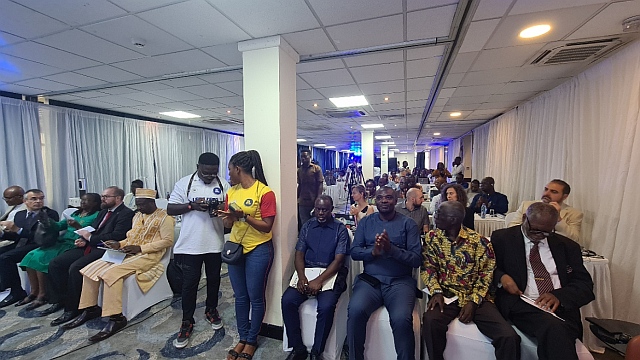 Participants in the closing meetings held in Accra, Ghana, included representatives of national and regional institutions involved in the implementation of the project, project implementing partners (WMO, VBA, GWP-WA) and technical partners (CIMA Foundation, K & I) as well as technical and financial partners and representatives of the designated national Adaptation Fund authorities of the six (6) VBA member states and its Board member in Ghana.
Participants in the closing meetings held in Accra, Ghana, included representatives of national and regional institutions involved in the implementation of the project, project implementing partners (WMO, VBA, GWP-WA) and technical partners (CIMA Foundation, K & I) as well as technical and financial partners and representatives of the designated national Adaptation Fund authorities of the six (6) VBA member states and its Board member in Ghana.
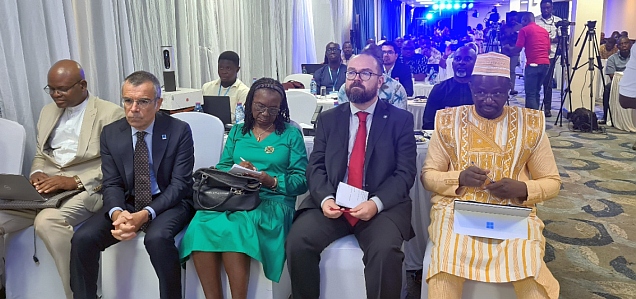 Drawing on the lessons learned from the implementation of the project, the Deputy Executive Director of the VBA, Dr. Dibi MILLOGO, stated that "it is necessary to involve national stakeholders to ensure greater ownership of the results of projects and programmes, to have adequate decision-making tools such as the VOLTALARM Platform, and to have modern equipment for more accurate forecasts".
Drawing on the lessons learned from the implementation of the project, the Deputy Executive Director of the VBA, Dr. Dibi MILLOGO, stated that "it is necessary to involve national stakeholders to ensure greater ownership of the results of projects and programmes, to have adequate decision-making tools such as the VOLTALARM Platform, and to have modern equipment for more accurate forecasts".
Referring to the overall situation, Mr Giacomo Teruggi, Project Director and Chief Scientist of the World Meteorological Organisation, noted that "the Volta flood and drought management project is a successful application of the integration of the technical, institutional, social and environmental aspects of flood and drought management. It has enabled the 'Early Warning for All' initiative (launched by UN Secretary General Antonio Gutierrez in 2022) to be addressed at the scale of the Volta basin, building on existing national observation and forecasting capabilities and integrating them into a decision support system (the VOLTALARM platform) as well as into community-based management of extreme events.
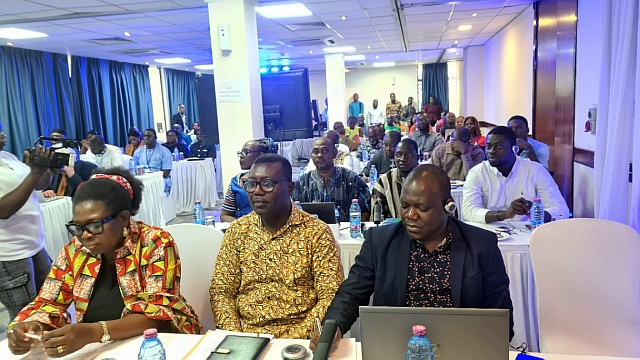 Speaking about the implementation of the VFDM Project, the Executive Secretary of GWP-WA, Mr K. Armand HOUANYE, said that "this was another good opportunity for GWP-WA to collaborate, which reinforces the ambition of the regional network, which always works on the basis of a partnership and integrated approach to support States, Regional Economic Communities, river basin organisations and populations in ensuring water security and resilience to climate change".
Speaking about the implementation of the VFDM Project, the Executive Secretary of GWP-WA, Mr K. Armand HOUANYE, said that "this was another good opportunity for GWP-WA to collaborate, which reinforces the ambition of the regional network, which always works on the basis of a partnership and integrated approach to support States, Regional Economic Communities, river basin organisations and populations in ensuring water security and resilience to climate change".
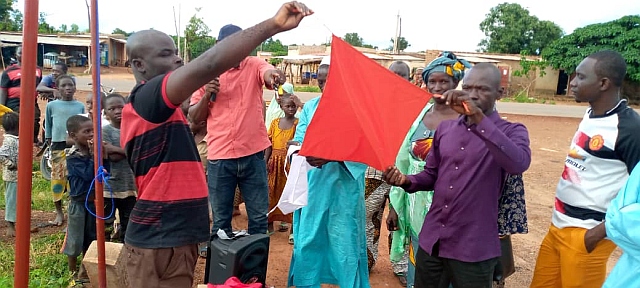 As the project draws to a close, there is an urgent need to maintain the momentum for sharing, sustaining and scaling up the project's results and achievements. It is also important to work towards (1) the effective adoption of the regional strategy for the reduction and integrated management of flood and drought risks in the basin at the next session of the VBA Council of Ministers; (2) the continued densification of the hydrometeorological observation network at basin level; and (3) the continued strengthening of the technical and operational institutional capacities of the local flood and drought risk management committees that have been set up.
As the project draws to a close, there is an urgent need to maintain the momentum for sharing, sustaining and scaling up the project's results and achievements. It is also important to work towards (1) the effective adoption of the regional strategy for the reduction and integrated management of flood and drought risks in the basin at the next session of the VBA Council of Ministers; (2) the continued densification of the hydrometeorological observation network at basin level; and (3) the continued strengthening of the technical and operational institutional capacities of the local flood and drought risk management committees that have been set up.
